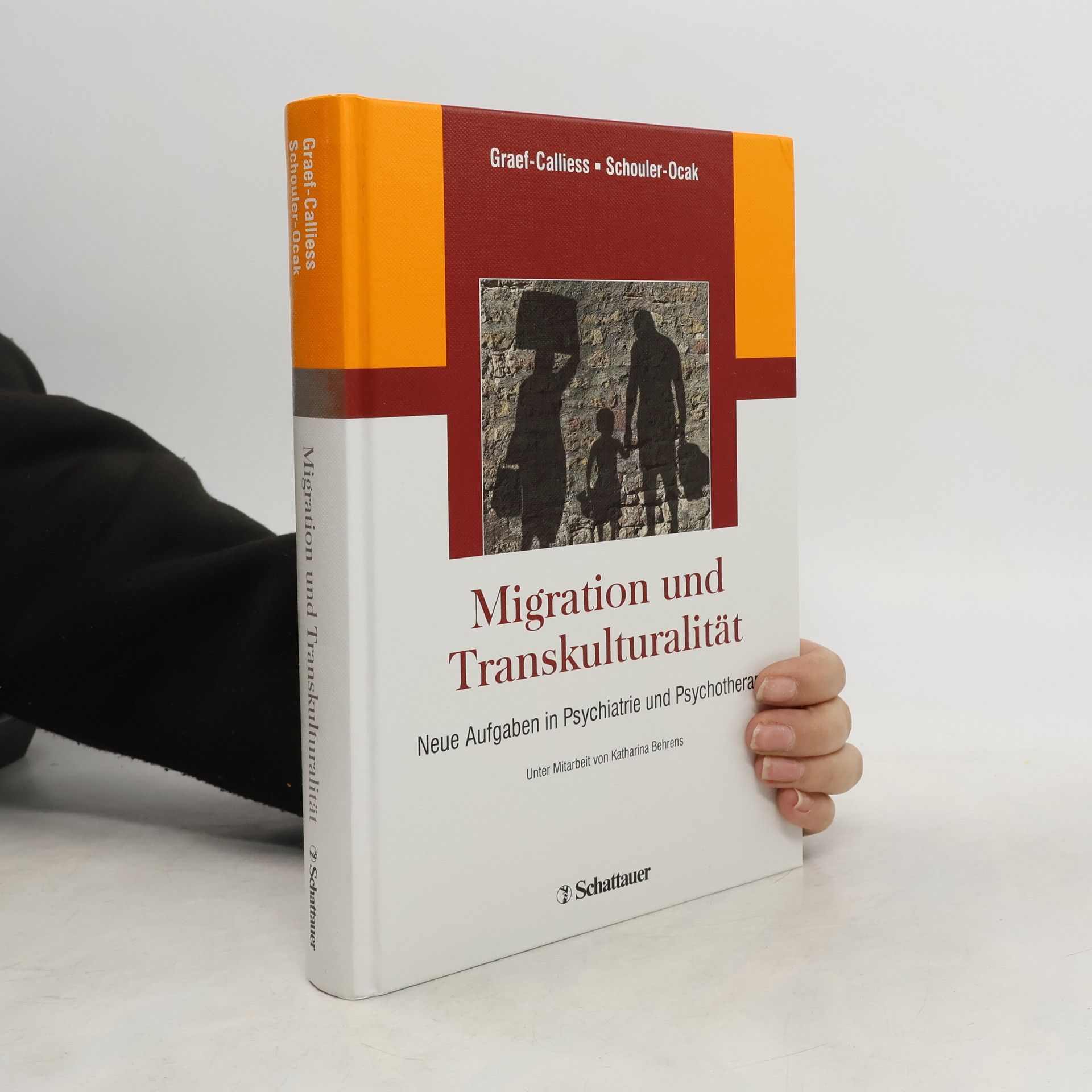Nur ein toter Indianer ist ein guter Indianer
- 191 stránok
- 7 hodin čítania
Listige, in einem Reservat Arizonas lebende Indianer erregen mit Aktionen, die sich auf uralte Verträge stützen und gewaltlos sind, Aufsehen.



Listige, in einem Reservat Arizonas lebende Indianer erregen mit Aktionen, die sich auf uralte Verträge stützen und gewaltlos sind, Aufsehen.
Neue Aufgaben in Psychiatrie und Psychotherapie
Interkulturelles Handeln in der Psychiatrie und Psychotherapie Angesichts der zunehmenden Migrations- und Fluchtbewegungen ist interkulturelles Handeln in der Psychiatrie und Psychotherapie unerlässlich. Die Behandler sehen sich den wachsenden Anforderungen gegenüber, kultursensibel zu behandeln, sozio-kulturelle Unterschiede bei der Therapie zu berücksichtigen und dabei oft noch über Sprachbarrieren hinweg agieren zu müssen. Das Autorenteam zeigt praxisrelevante Implikationen auf der Basis des aktuellen Forschungsstandes auf. Neue Entwicklungen im Hinblick auf eine interkulturelle Öffnung des psychiatrisch-psychotherapeutischen Versorgungssystems werden anhand zahlreicher Projekte vorgestellt, die erfolgreich mit Migranten und Flüchtlingen arbeiten. Das Buch geht auch darauf ein, wie interkulturelle Kompetenzen in der Aus-, Fort- und Weiterbildung vermittelt werden können und was im Hinblick auf Supervision und Begutachtung zu berücksichtigen ist. Mehrere Kapitel befassen sich mit der Rolle von Dolmetschern in der Behandlung von Migranten.